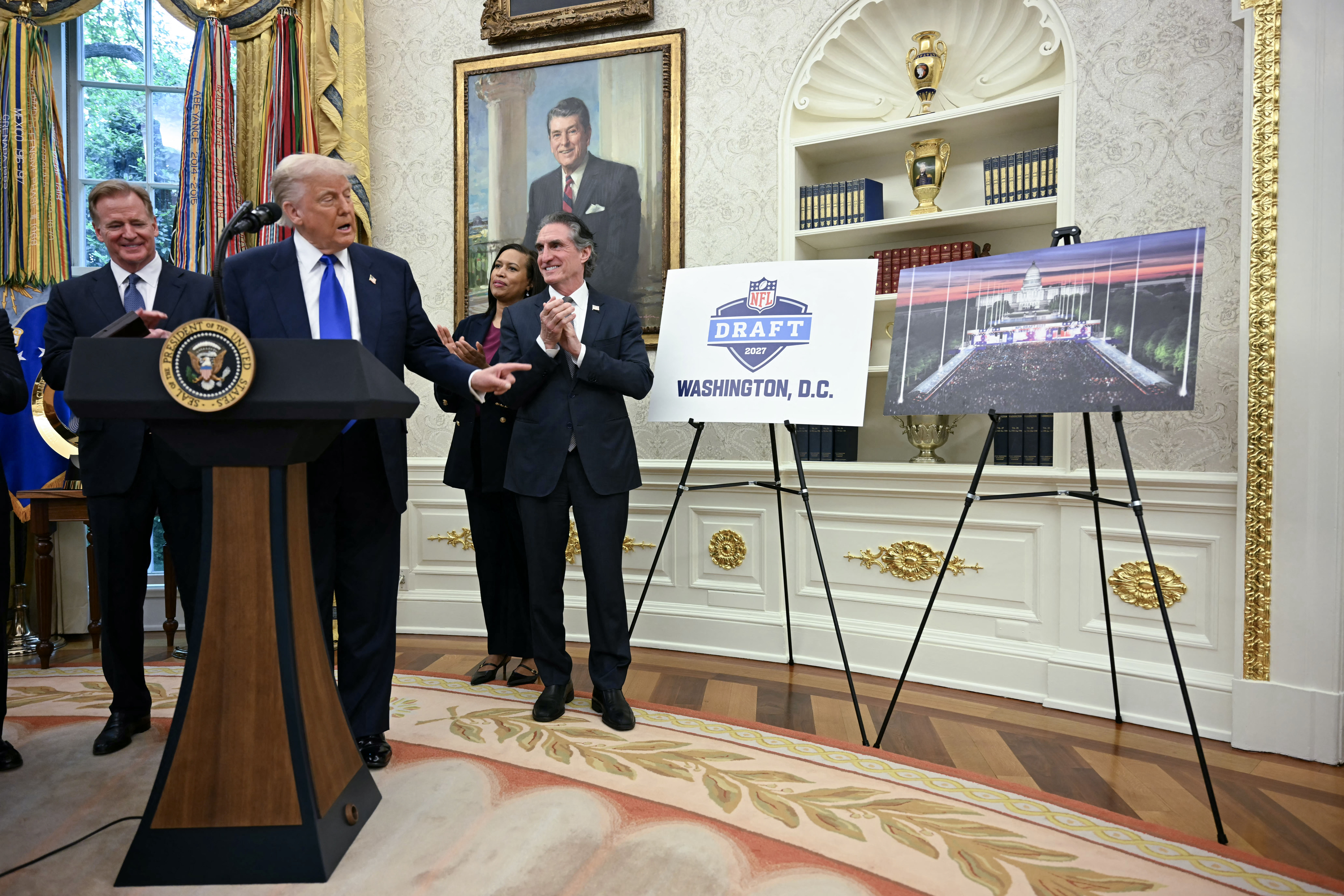A recent WTOP story about an increase in job candidates ghosting potential employers, or simply not returning call-backs, elicited responses from readers who described themselves as qualified and experienced, but who have instead been ghosted multiple times by companies at which they’ve applied for jobs.
No email confirmation their application has been received. No follow-ups after initial interviews. Not even rejections, or reasons why, some said.
That can ultimately damage a company’s reputation.
The Society for Human Resource Management acknowledges it’s a growing problem for otherwise qualified job candidates, and a missed opportunity for companies doing the hiring. It also suggests a company that fails to follow up with job applicants may not be a company the applicant would want to work for.
“They don’t take the time to do that. It is more about respect, and professional courtesy. Because if they treat me like that as a candidate, how are they going to treat me when I am hired,” said Julie Schweber, senior knowledge advisor at the society.
There may be many reasons for no follow-up. Large companies often use application screening automation, so many applications for a job posting may never be seen by a human hiring manager. There may be an overwhelming number of applications for a well-paying position. It may be part of a hiring spree that has stretched resources thin. The interview process may be ongoing.
It may just be bad HR training.
A recent report from the American Association of Retired Persons also noted a significant increase in age discrimination that has resulted in seasoned candidates not getting application responses.
Whatever the reason for employers ghosting applicants, SHRM believes companies should be more responsive to as many applicants as possible, because a job search is a two-way street.
“The employer is evaluating a candidate. But job candidates are also evaluating you as a company. It is a golden opportunity, and it’s a pretty simple opportunity, for a company to knock it out of the park. Or not,” Schweber said.
“Even when the news is not great for a candidate, it is better to let them know that. ‘I want to thank you for your time. I do want to share it was a very competitive process.’ You are being honest, but you are not kicking them to the curb.”
SHRM says response time is also important, saying often weeks can go by after applying for a position, and candidates may be applying for other jobs, and even forget about applications made weeks ago. Applications should be acknowledged along with an explanation of the review and hiring process.
Schweber said there is no real excuse for not acknowledging applications, at the very least with the use of online applicant tracking systems that generate an immediate automated response.
SHRM said follow-ups by applicants are appropriate, if they know who to follow up with, particularly if there is something new to add to their application, such as a recent certification.
Indeed has posted a guide for following up on an interview that hasn’t led to a response.
Job seekers generally do their research on companies, and that often leads them to a company’s own career pages that may even feature employee testimonials. Checking social media may not tell the same story.
“Then you look at the reviews on Glassdoor, or Indeed, or LinkedIn and you say ‘Wow. That’s a totally different story.’ So the employer’s reputation takes a hit,” Schweber said.








